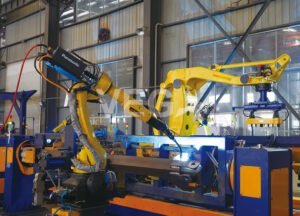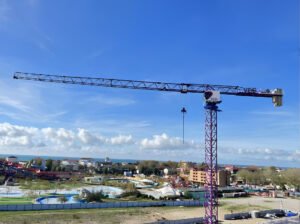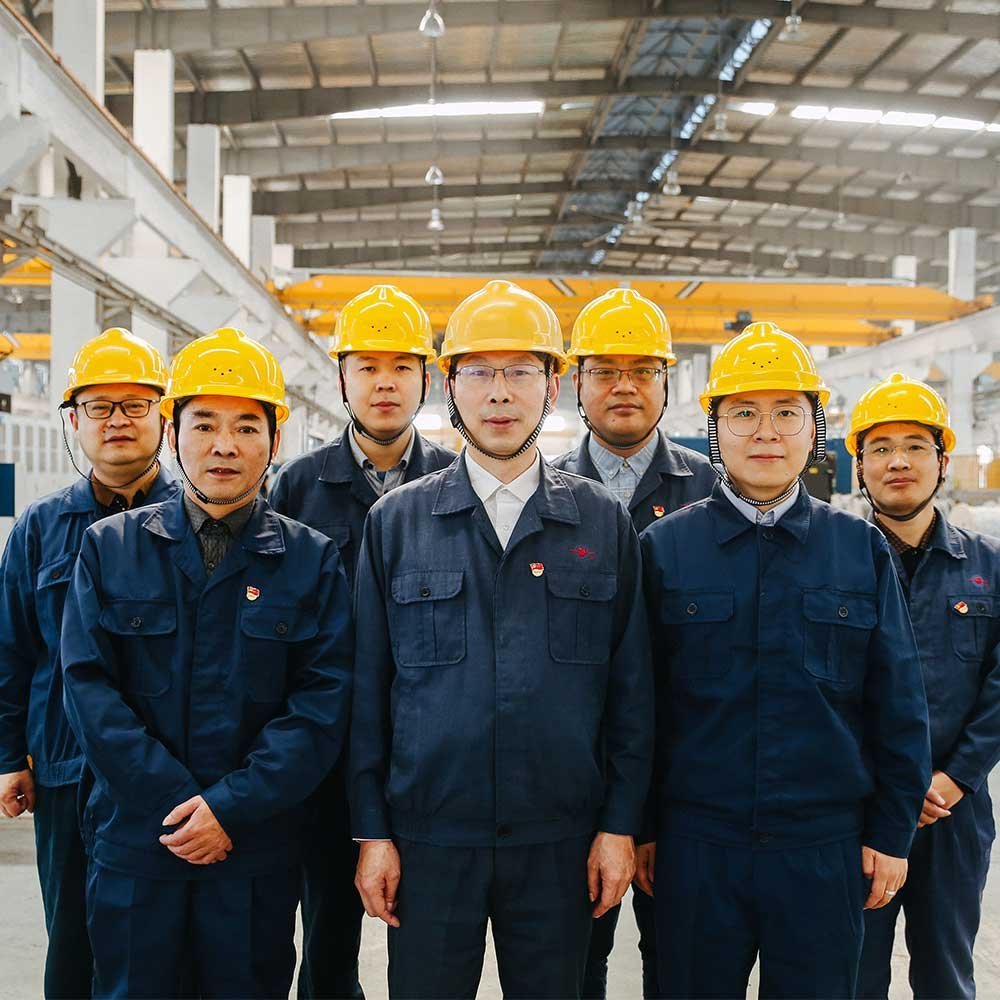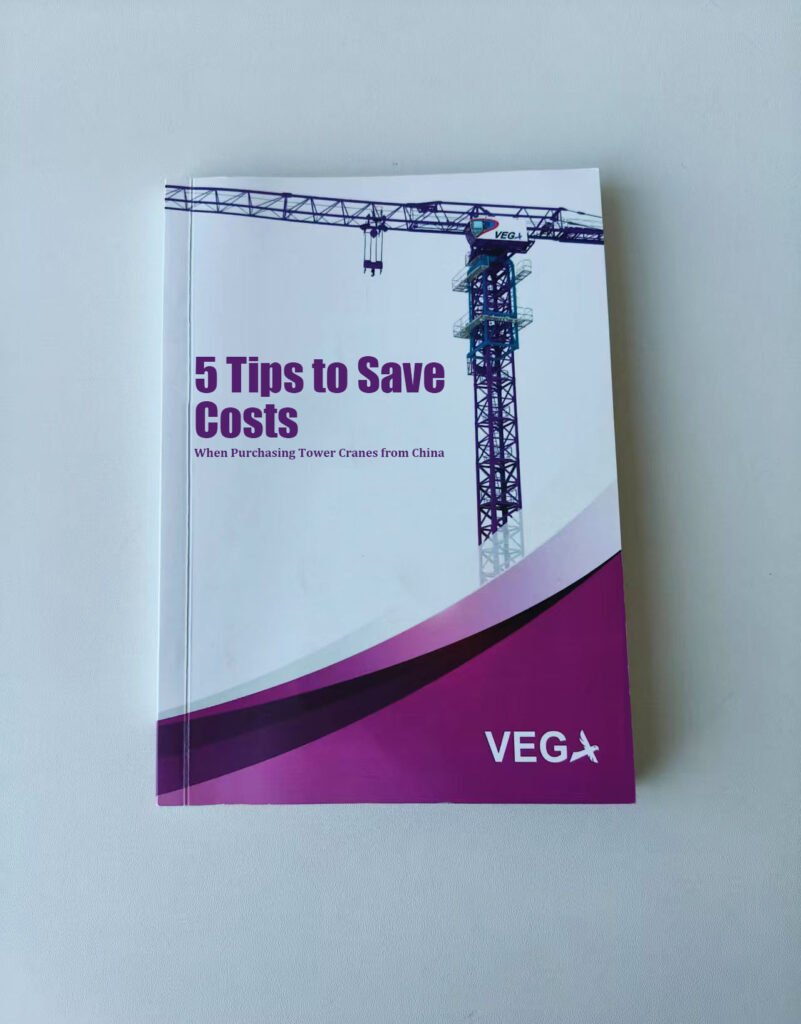
Operating a tower crane is a specialized job that requires not only knowledge but also precise skill, safety awareness, and extensive training. The NCCCO Crane Certification is a key certification that ensures crane operators are qualified to operate these powerful machines safely and efficiently. In this article, we'll explore what NCCCO certification involves, the requirements to operate a tower crane, the highest-paid crane operators, and whether this career is a good fit for you.
The NCCCO Crane Certification program ensures that crane operators possess the necessary skills, knowledge, and safety awareness to operate tower cranes effectively, reducing risks and improving site safety.
Read on to learn how to start your journey as a certified crane operator, what kind of pay you can expect, and what makes this profession a great choice for many.
What is Required to Operate a Tower Crane?
Operating a tower crane is a responsibility that requires significant training, physical fitness, and experience. Not just anyone can operate one of these towering machines. The role demands skill, technical understanding, and a commitment to safety. Below, we cover the key requirements to become a tower crane operator.
Training and Education:
- Formal Training: Before getting behind the controls of a tower crane, prospective operators must undergo formal training. These programs, which can range from a few weeks to several months, teach candidates the basics of crane operation, load charts, crane mechanics, rigging, and safety protocols.
- Crane Simulator Training: Many training programs use crane simulators to give students hands-on experience in a controlled environment before operating a real crane.
- On-the-Job Experience: After completing formal training, operators often need years of practical, hands-on experience before they can operate cranes independently. They start by working as assistants or under supervision to gain confidence and expertise.
Certification:
- NCCCO Certification: The National Commission for the Certification of Crane Operators (NCCCO) is the most recognized certification in the U.S. for crane operators. It involves both a written exam and a practical skills test, ensuring that crane operators meet national safety standards.
- Additional Certifications: In addition to the NCCCO certification, tower crane operators may need additional qualifications depending on the job. These can include specific training in rigging, crane maintenance, or operating cranes in specialized environments like offshore platforms.
Physical and Medical Requirements:
- Vision and Hearing: A crane operator must have clear vision and hearing, as they need to stay alert and communicate with ground crews at all times.
- Physical Fitness: Operating a crane can be physically demanding. Operators often work long hours and must be able to handle the physical strain of monitoring equipment and controls for extended periods.
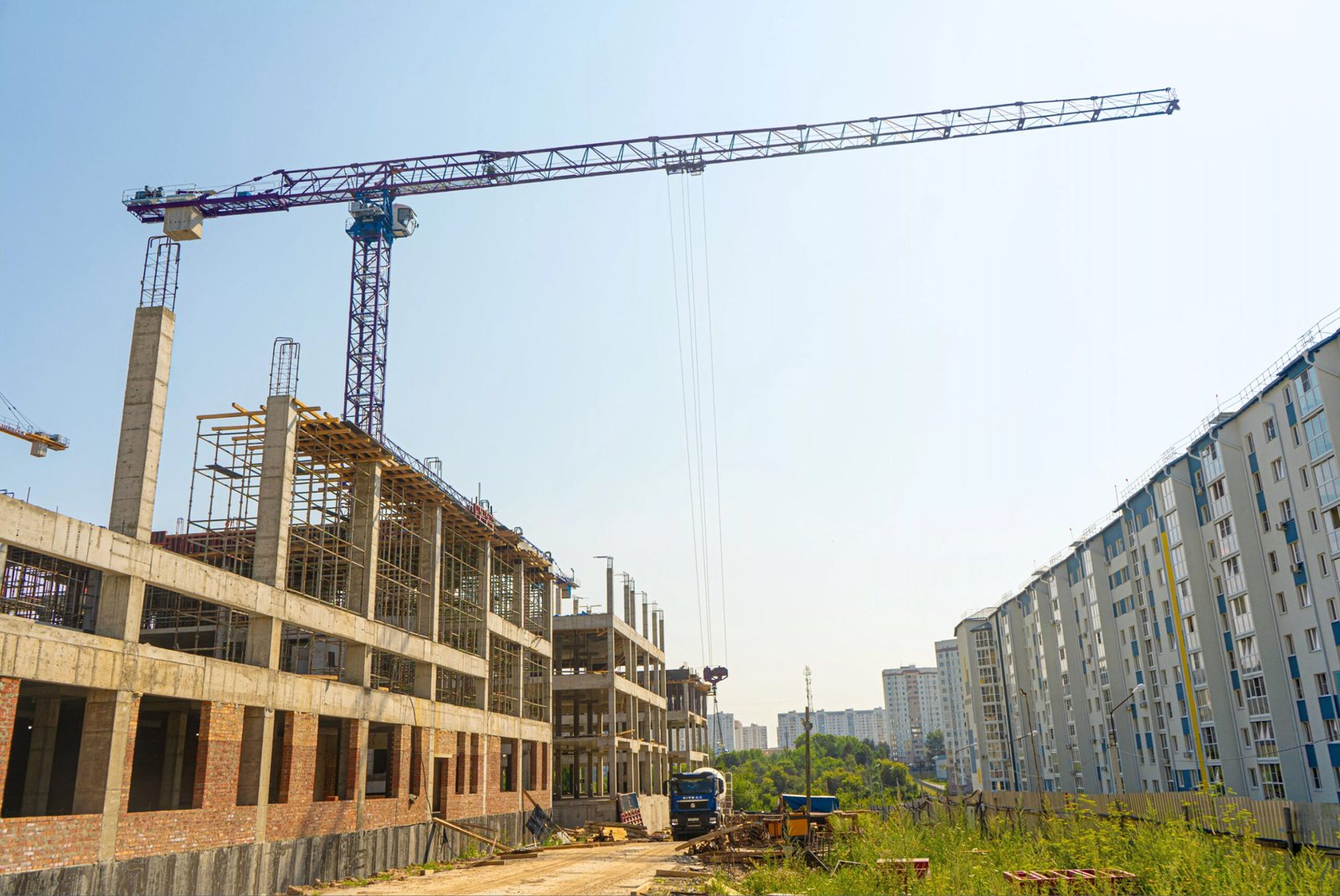
What is the Highest Paid Crane Operator?
Crane operators are well-compensated for their expertise, and some crane operators can earn substantial salaries. However, the highest-paid crane operators are usually those working in specialized fields, working in high-demand locations or operating large-scale cranes.
Salary Range for Crane Operators:
- National Average: The typical salary for a crane operator in the United States ranges from $50,000 to $70,000 annually, depending on the operator’s experience, certification level, and location.
- Highest Paid Positions: Crane operators who work in high-risk or high-demand environments, such as offshore drilling platforms1, or those who operate the largest, most specialized cranes, can earn $90,000 to $120,000 per year or even higher.
Where Do the Highest-Paid Crane Operators Work?
- Offshore Oil Platforms: Operators working on offshore drilling rigs can earn some of the highest wages, due to the challenging work environment and the need for specialized training.
- Major Cities with Large Construction Projects: Cities like New York, San Francisco, and Dubai offer competitive pay for crane operators due to the constant demand for cranes in construction projects like skyscrapers and infrastructure.
- Heavy Lifting and Specialized Equipment: Operators handling particularly large and specialized cranes, such as those used in bridges, industrial plants, and large-scale construction sites, can command top salaries.
Salary Factors for Crane Operators:
| Factor | Impact on Salary |
|---|---|
| Location | Operators in cities like NYC and Dubai earn more due to demand. |
| Experience | Experienced operators, particularly those with NCCCO certification2, earn higher wages. |
| Type of Crane | Operators of larger, more complex cranes, such as crawler cranes3 or mobile cranes, earn higher salaries. |
| Industry | Working in specialized sectors, such as oil rigs or offshore projects, can lead to higher pay. |
Is Tower Crane Operator a Good Career?
Becoming a tower crane operator offers both rewards and challenges. This job combines technical expertise, physical labor, and responsibility, all of which contribute to its appeal for many individuals.
Pros of Being a Tower Crane Operator:
- High Earning Potential: Crane operators can earn competitive salaries, especially with certifications like the NCCCO.
- Job Stability: The demand for skilled crane operators in construction and infrastructure projects is consistently high, providing long-term job security.
- Variety of Work: Tower crane operators are involved in a range of projects, from residential skyscrapers to massive industrial developments, keeping the work interesting.
- Sense of Achievement: Operating a crane to construct some of the tallest buildings or bridges can bring a sense of accomplishment and pride.
Cons of Being a Tower Crane Operator:
- Physical and Mental Stress: The job can be physically demanding, and operators must stay mentally sharp throughout long shifts, often at great heights.
- Risk Factor: Despite safety training, crane operation is inherently risky, especially when working with heavy loads in challenging environments.
- Unpredictable Work Hours: Construction projects often have tight deadlines, which can mean irregular hours, including night shifts or working in extreme weather conditions.
Is It Right for You?
Being a tower crane operator is ideal for individuals who enjoy technical work, are comfortable with heights, and can manage the pressures of construction environments. It’s also an excellent career for those who value job stability and want to earn a competitive salary in a highly specialized field.

What is the CSI Code for Tower Cranes?
The CSI (Construction Specifications Institute) code is a standardized system used to classify and organize construction-related products, materials, and equipment. It provides an efficient way for contractors, engineers, and architects to ensure proper procurement and cost estimation. The CSI code for tower cranes falls under the general category of construction equipment, specifically for lifting and rigging devices.
CSI Code for Tower Cranes:
- Division 44 – Equipment4: This section includes various construction equipment like cranes, hoists, and rigging devices.
- Subcategories for Cranes: Tower cranes generally fall under 44 20 00 for lifting equipment, though there may be variations depending on the specific type of crane (mobile, tower, crawler, etc.).
This classification helps organize crane requirements and specifications for procurement, bidding, and scheduling, ensuring that all components are identified and managed throughout the construction process.
Common Types of Cranes and Their CSI Codes:
| Crane Type | CSI Code (Typical) |
|---|---|
| Tower Cranes | 44 20 00 |
| Mobile Cranes | 44 21 00 |
| Crawler Cranes | 44 22 00 |
| Overhead Cranes | 44 23 00 |
| Crane Accessories | 44 24 00 |
By using these codes, construction teams can ensure that cranes are properly integrated into a project’s overall budget, planning, and procurement systems.
Conclusion
NCCCO Crane Certification is a crucial element for anyone looking to operate a tower crane. It guarantees that operators have the proper training, safety knowledge, and hands-on experience needed to perform their job safely and efficiently. Tower crane operation can be a highly rewarding career, with competitive salaries and job security. However, it requires commitment, skill, and the ability to work under pressure. If you're considering this career, the right certification, training, and experience can lead to long-term success in this vital construction role.
-
Exploring the challenges and benefits of offshore work can provide insights into why these positions are among the highest paid in the crane operating field. ↩
-
Understanding NCCCO certification can help crane operators enhance their skills, increase their earning potential, and improve job security. ↩
-
Learning about crawler cranes can help crane operators understand the specialized skills required and the potential for higher earnings in operating these large-scale machines. ↩
-
Division 44 is crucial for identifying and managing construction equipment, including cranes, which is vital for project planning and procurement. ↩


